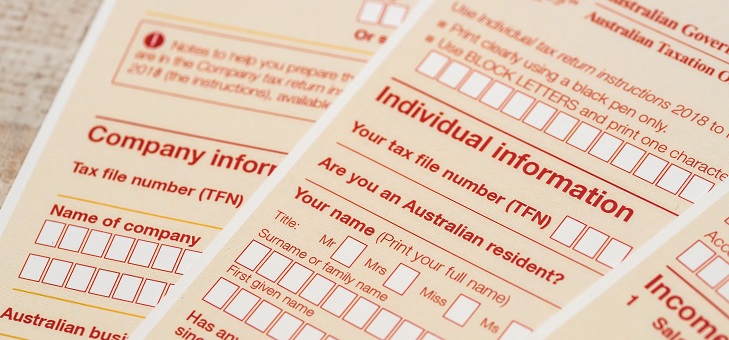Tax time is almost upon us, and the Australian Taxation Office (ATO) has released a list of four priorities it says it will focus on this year.
The areas of focus are: record-keeping, work-related expenses, rental property income and deductions and capital gains from crypto assets, property and shares.
The ATO also says it will be less lenient with mistakes.
ATO assistant commissioner Tim Loh says the “ATO is targeting problem areas where we see people making mistakes”.
Read: How to prepare for tax time
When lodging a claim, it’s important to remember three golden rules: you must have spent the money yourself (and not been reimbursed), the expense must be related to you generating income (is related to your work) and you have the receipts to prove it.
Record-keeping
The ATO will be keeping a keen eye on your records this year and any claims that don’t come with receipts will be examined in extra detail, so start getting your records in order now.
“For those people who deliberately try to increase their refund, falsify records or cannot substantiate their claims, the ATO will be taking firm action to deal with these taxpayers who are gaining an unfair advantage over the rest of the Australian community who are doing the right thing,” the ATO warns.
Work-related expenses
Many have spent the past two years working from home, and a lot of people are now working a hybrid model of a few days in the office and a few days at home.
If you are still working from home, you are able to claim expenses for things such as your power bill, phone bill or computer equipment you’ve bought – but only the portion of the bill that relates to your job.
Read: Should Australia increase the tax threshold?
“Each individual’s work-related expenses are unique to their circumstances,” Mr Loh says.
“If your expense was used for both work-related and private use, you can only claim the work-related portion of the expense. For example, you can’t claim 100 per cent of mobile phone expenses if you use your mobile phone to ring mum and dad.”
Rental income and deductions
If you own a rental property, you need to make sure you include all income you’ve received for the year, including short-term rental arrangements (such as Airbnb bookings), insurance payouts and any rental bond money you’ve retained.
Collecting this information can be tricky and time-consuming, so it pays to start gathering this evidence now. You may even wish to enlist the help of a registered tax agent.
Read: Explore the ways to claim your fuel on tax
“If we do notice a discrepancy, it may delay the processing of your refund as we may contact you or your registered tax agent to correct your return,” Mr Loh says.
Capital gains from cryptocurrency, property and shares
If you’ve sold an asset such as property, shares or a cryptocurrency – including non-fungible tokens (NFTs) – then you are required to calculate the capital gain or loss you made from the sale. This amount is usually the difference between what the asset cost you and what you sold it for.
The ATO will be paying particularly close attention to cryptocurrency gains, after being lenient on crypto reporting initially due to the complexity of the digital currencies.
But that lenient period is over, and the ATO is putting you on notice.
“Through our data collection processes, we know that many Aussies are buying, selling or exchanging digital coins and assets, so it’s important people understand what this means for their tax obligations,” Mr Loh says.
If you enjoy our content, don’t keep it to yourself. Share our free eNews with your friends and encourage them to sign up.

